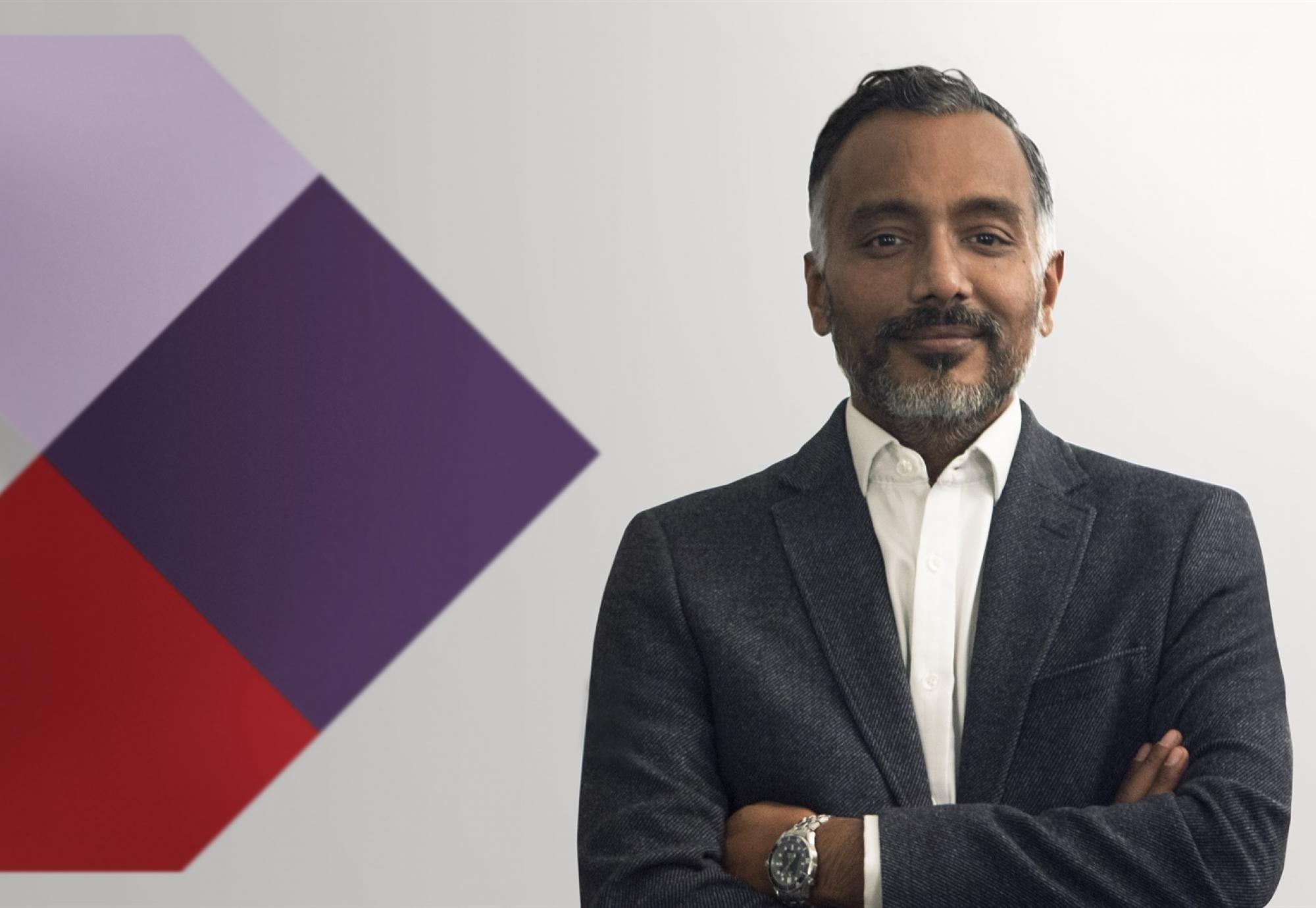Covid-19 has brought about a seismic change in the uses of digital technology with McKinsey estimating that digital adoption accelerated by a staggering five years in just eight months. Never has the adage that necessity is the mother of invention been truer.
The NHS has been at the vanguard of this digital transformation. That it has happened so quickly and smoothly is testament to the hard work and adaptability of all our front-line clinicians and the support of commissioners. The BMA’s latest Covid-19 survey shows that 66% of GPs have a greater sense of ‘team’ and 88% express a wish to continue to deliver remote consultations to patients.
But as with any rapid adoption of new practices and systems there is still further work to be done to put in place the long-term foundations to realise the true potential of digital technologies. Redesigning pathways to embed technology while standardising approaches to governance and clinical safety will enable us to build on the progress made in the last four months.
Dr Anshumen Bhagat, Chief Medical Officer at GPDQ, said: “We have an incredible opportunity to ensure that digitisation can be embedded in the NHS in a safe, sustainable way that delivers better patient outcomes across the whole primary and community care system, and we need to make sure that opportunity isn’t lost.
“The learning we must take on board is that there’s never been a better time to redesign patient services to be digital-first. One of the biggest stresses for GP practices has always been structural capacity and a proliferation of workflows. As an NHS Principal myself, I’m wary of the risk that innovation may further complicate the picture and add to the workload with stand-alone processes and new technologies.
“Collaborating with the right partners can bring in expertise and flexible additional resource to help design and run new services. GPDQ works closely with practices, commissioners and industry partners to offer services which are underpinned by the latest technology and best clinical practice, but also designed to be truly interoperable.
“Our multidisciplinary teams manage integrated patient workflows, from accessing notes, triaging, consulting face-to-face (at home and in clinic) and via remote consultations (video and telephone) and prescribing to carrying out all the associated admin tasks. Whether it’s a new remote monitoring and triage service for care homes, or resilience for existing services, this frees up internal resources, helps to deliver the best patient services and reduces costs.”
From every crisis comes an opportunity and now is the chance for the NHS to put down the roots to deliver sustainable digital transformation.



















